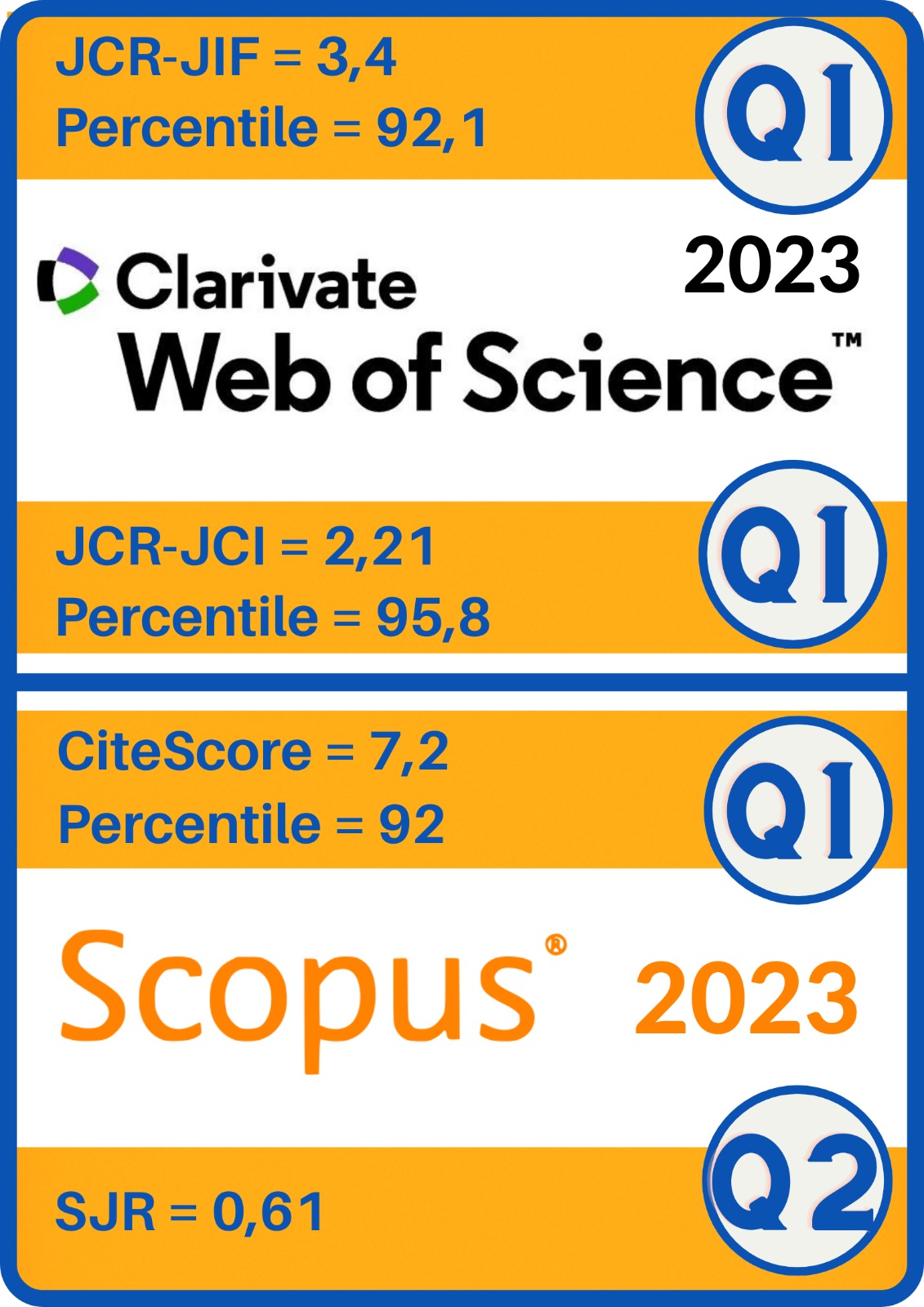The MOOC are much alive. Some questions answered
DOI:
https://doi.org/10.5944/ried.20.1.17488Keywords:
MOOCs, ICT, distance education, quality criteria, higher education, online learning, assessment, innovation.Abstract
In a previous work (Garcia Aretio, 2015), we expressed doubts about the MOOC phenomenon using 90 questions. In this editorial, we summarize these questions in the following nine headings: a) the conceptual basis; b) methodological issues; c) teaching, types and tasks; d) participants profiles and attitudes; e) quality, academic performance and school drop-out; f) university and MOOCs; g) technological support and video; h) economy and MOOCs; and i) reviews of the scientific literature on MOOCs. In RIED a total of 30 articles related to MOOCs have been published to date. Here we summarize many valuable answers provided therein to the questions abovementioned.
Downloads
References
Aguaded, I.; Vázquez-Cano, E. y López-Meneses, E. (2016). El impacto bibliométrico del movimiento MOOC en la Comunidad Científica Española. Educación XX1, 19(2), 77-104, doi: 10.5944/educXX1.13217
Bates, A. W., y Sangrá, A. (2012). La gestión de la tecnología en la educación superior. Estrategias para transformar la enseñanza y el aprendizaje. Barcelona: Octaedro.
Downes, S. (2008). Places to go: connectvism & connective knowledge. Innovate. Journal of Online Education, 4 (6), (1-6). Nova Southeastern University. Disponible en: http://nsuworks.nova.edu/cgi/viewcontent.cgi?article=1037&context=innovate
NOTA: Las referencias a RIED que se recogen en este artículo, corresponden a los trabajos que se reseñan en la Tabla 2 del artículo.
Downloads
Published
How to Cite
Issue
Section
License
Copyright (c) 2016 RIED. Revista Iberoamericana de Educación a Distancia

This work is licensed under a Creative Commons Attribution 4.0 International License.
The articles that are published in this journal are subject to the following terms:
1. The authors grant the exploitation rights of the work accepted for publication to RIED, guarantee to the journal the right to be the first publication of research understaken and permit the journal to distribute the work published under the license indicated in point 2.
2. The articles are published in the electronic edition of the journal under a Creative Commons Attribution 4.0 International (CC BY 4.0) license. You can copy and redistribute the material in any medium or format, adapt, remix, transform, and build upon the material for any purpose, even commercially. You must give appropriate credit, provide a link to the license, and indicate if changes were made. You may do so in any reasonable manner, but not in any way that suggests the licensor endorses you or your use.
3. Conditions for self-archiving. Authors are encouraged to disseminate electronically the OnlineFirst version (assessed version and accepted for publication) of its articles before publication, always with reference to its publication by RIED, favoring its circulation and dissemination earlier and with this a possible increase in its citation and reach among the academic community.








